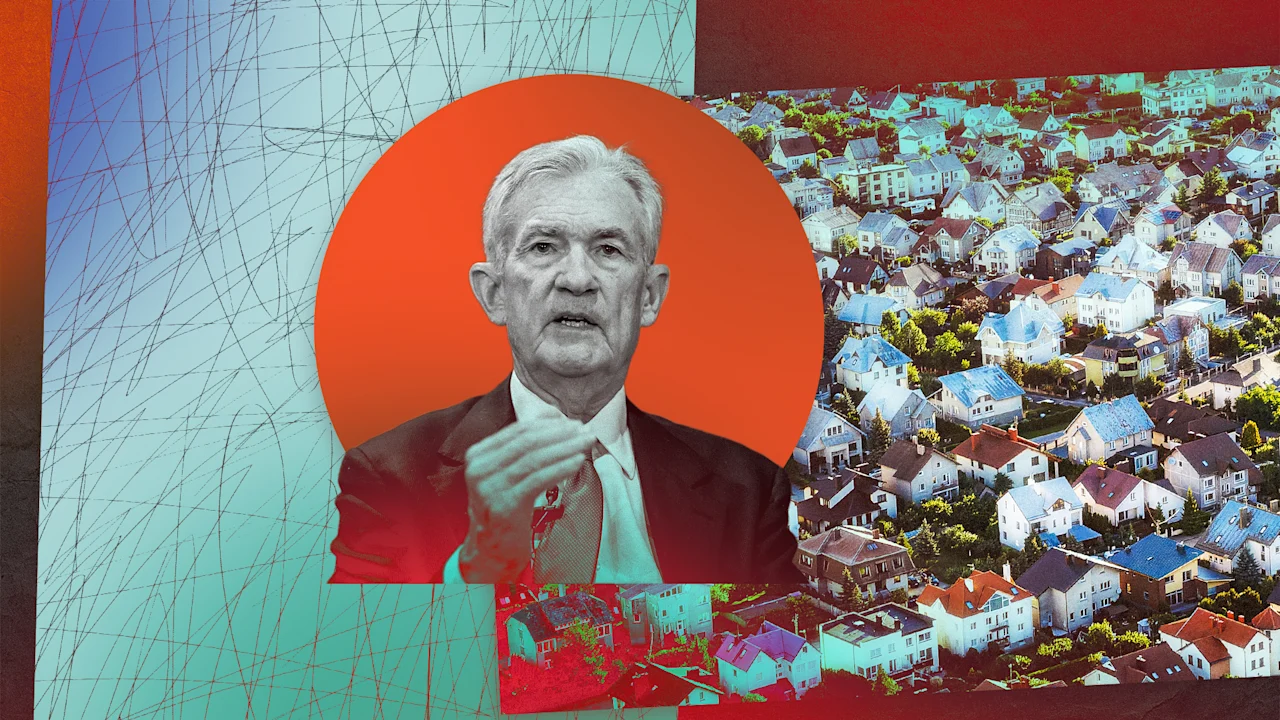পাওয়েল: মহামারী হাউজিং বুম শুরু হওয়ার সাথে সাথে ফেডের বন্ধকী-সমর্থিত সিকিউরিটিজ কেনা বন্ধ করা উচিত ছিল

Want more housing market stories from Lance Lambert’s ResiClub in your inbox? Speaking Tuesday at a National Association for Business Economics meeting in Philadelphia, Federal Reserve Chair Jerome Powell offered his clearest thinking yet on the Fed’s mortgage bond buying during the pandemic era. He conceded the central bank may have kept buying mortgage-backed securities (MBS) for too long—but also noted those purchases may have had less impact on the housing market than some assume. “Regarding the composition of our purchases, some have questioned the inclusion of agency MBS purchases given the strength of the housing market during the recovery from the pandemic,” Powell said. “It is difficult to determine how much the subprime purchases during this period disproportionately affected the condition of the housing market. Many factors affect the mortgage market, and many factors outside the mortgage market affect supply and demand in the broader housing market.” “With the clarity of hindsight, we could have—and perhaps should have—stopped our asset purchases sooner,” Powell continued. “Our real-time decisions (in 2020-2021) were intended to serve as insurance against downside (economic) risks (post-pandemic).” From 2020 to 2021, the Fed was buying hundreds of billions of dollars’ worth of Treasuries and mortgage-backed securities. Those measures—part of quantitative easing programs—were, in theory, designed to lower longer-term borrowing costs and support financial stability at a time when short-term interest rates were also set near 0%. When the Fed buys longer-term bonds like Treasury bills or mortgage-backed treasuries, it creates additional demand for that security. When bond prices rise—as they did for MBS—yields—or for MBS, mortgage rates—fall. It’s moving in opposite directions. Critics have argued that those MBS purchases added unnecessary fuel to a housing market that was already hot during the pandemic housing boom. They claim that by continuing to buy mortgage bonds in 2021, the Fed artificially suppressed mortgage interest rates—the average 30-year fixed mortgage rate hit an all-time low of 2.65% in January 2021—and helped intensify competition among buyers, worsening affordability. Powell’s comments on Tuesday conceded, to some extent, an element of that criticism, but also suggested the real-world impact may have been less than many assume. He implied that other powerful factors—such as pandemic-era demand for more space, “family housing arbitration” (including the wave of domestic migration it spread), and pandemic-era savings—were also in play. Of course, Powell has repeatedly stated he believes there aren’t enough homes in the country. While the Fed can’t reverse its asset purchases for 2021, Powell admitted that, in the future, the central bank could be “more nimble” in adjusting its balance sheet—hinting that future quantitative easing programs could be shorter or more targeted. “The path of the economy,” Powell said Tuesday. “However, our experience since 2020 suggests that we can be more nimble in our use of our balance sheet, and more confident that our communications will engender appropriate expectations among market participants due to their growing experience with these tools.” High mortgage rates. But when asked Tuesday if rotating mortgage purchases could be used to improve housing affordability, Powell firmly rejected that notion. “We look at overall inflation, we don’t target housing prices. We certainly wouldn’t get involved with mortgage-backed securities buying as a way to directly address mortgage or housing rates,” Powell said. “That’s not what we do.” The extended deadline for Fast Company’s Most Innovative Companies Awards is tonight, October 14th, 11:59 PM PT. Apply today.
প্রকাশিত: 2025-10-17 00:00:00
উৎস: www.fastcompany.com










